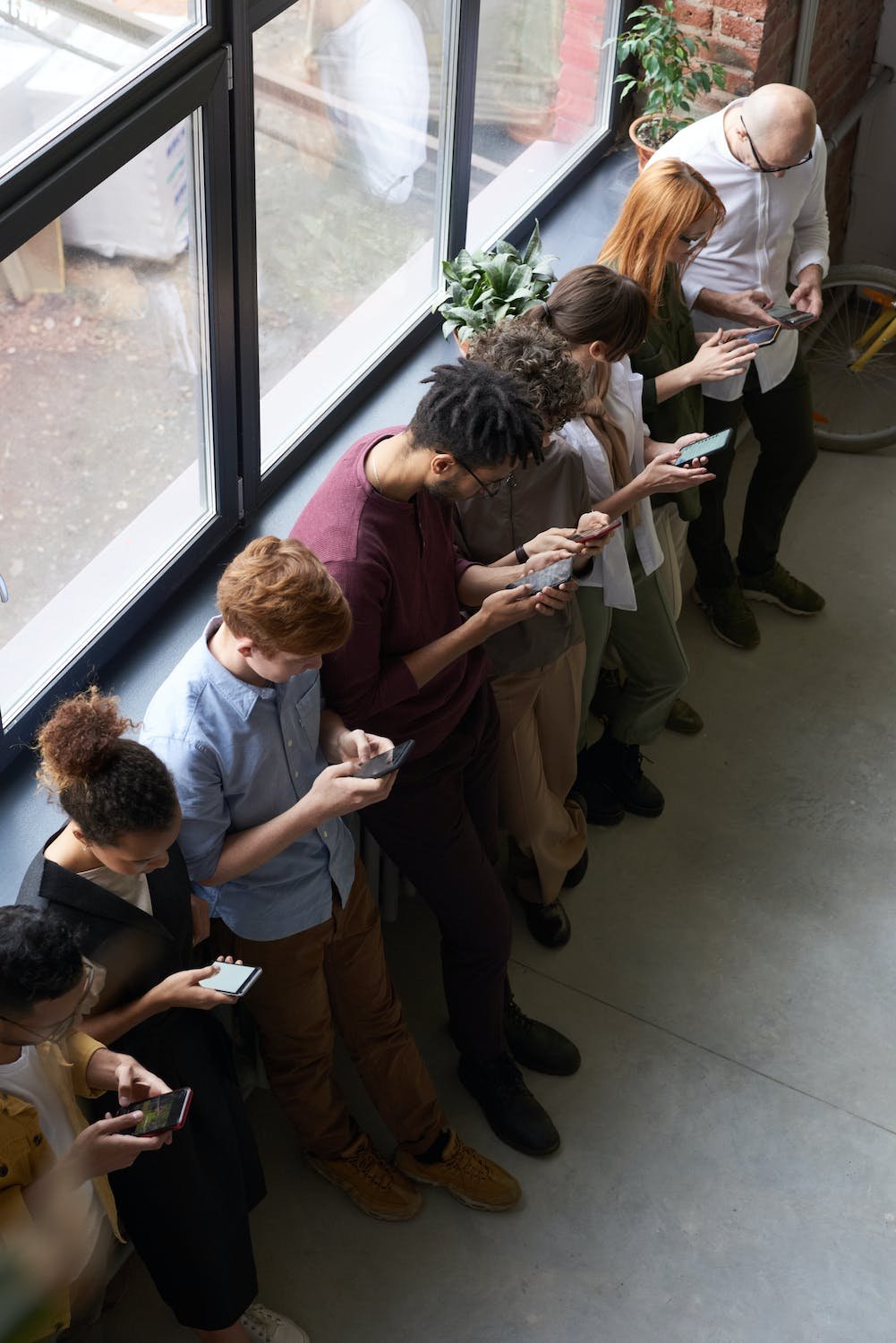Seeing, (Sadly) Believing: How to Conquer the Happy Information Jungle with Media Literacy
Step into the captivating world of the "Happy Information Jungle," where media literacy is the ultimate superpower that can transform the way you perceive the world around you! Unlock the secrets of true media superheroes by promoting media literacy’s key aspects like accessing, analyzing, evaluating, and creating media material, —it's all about doing it with a critical and informed mindset. In today's digital age, with a vast array of media messages bombarding us daily, improving our media literacy skills is more crucial than ever.

Are you ready to challenge what you know? Let's embark on an exciting journey, smashing assumptions along the way, and discovering how media literacy can revolutionize the way you engage with the world!
Access to the internet is the crucial foundation for staying connected with the global community. Shockingly, only two-thirds of the world's population has internet access at home, leaving about 2.7 billion people to continue offline. This issue is also the reality in the United States, where a staggering one in five households remains unconnected to the Internet. Even though the United Nations recognized internet access as a human right in 2016, the reality is that many still lack this fundamental resource. While many of us take internet access for granted, it remains limited or out of reach for certain populations. Certainly, Forbes has shown that those who occasionally access the internet tend to possess fewer media skills compared to regular users. This highlights the importance of learning to navigate the internet and effectively manage information.On the other hand, analyzing is another crucial skill that involves closely examining media content to reveal its hidden messages and impacts. This process entails separating the different components of a media piece, such as text, images, and sounds, to comprehend how they collaborate in conveying information and molding our perspectives. To do that you can start by asking yourself, "Who is behind this message? What do they want me to think or do? And how did they manage to grab my attention?" These are the intriguing questions that lie at the heart of media literacy. Imagine you're scrolling down YouTube and coming across a post about an innovative diet promising quick weight loss. Instead of immediately believing it, you practice your media analysis first. You read the post carefully, skimming any scientific research or reliable evidence to support this statement. You also think about any intrinsic motives behind the post, like getting money. After analyzing it, you try to find reliable information from health professionals. By analyzing media in this easy way, you protect yourself from falling for false information and make better-informed decisions in your everyday life.
By analyzing media in this easy way, you protect yourself from falling for false information and make better-informed decisions in your everyday life.
— Andrea Clavijo (@AndreaClalo) August 1, 2023
When you're evaluating media, you might ask yourself questions like, "Is there evidence to support the information? Are there any potential biases or hidden motives behind the content? Can you trust the source?" The purpose of media evaluation is to determine its reliability and whether it meets ethical standards. Many of us have experienced being drawn into social media, admiring the seemingly perfect lives portrayed. However, it's essential to remember that what we see is often just a carefully crafted illusion, showcasing the highlights rather than the complete picture of reality.Media literacy also gives us the ability to see through the surface of things. But it's not just about that – it also allows us to be media creators. With our new skills, we can use digital platforms to share real stories, break stereotypes, and make everyone feel included.

By creating media that shows the diverse and complex aspects of our lives, we help create a more fair and truthful view of the world. So, let's use our media literacy skills to not only understand but also make content that celebrates our humanity.Moreover, media literacy is not just about gaining knowledge; it's about putting that knowledge into action and unleashing your media superhero within! Whether it's making informed choices during the presidential elections by researching candidates using your super analytical skills or taking a break from endless scrolling on Instagram or Snapchat, every action count. Remember, before jumping into action and sharing all the information that pops-up in your social media, embrace the power of analyzing and evaluating content. It might not be easy at first, but with practice, you will become the wisest version of yourself. Let's take charge, stay vigilant, and never let the media manipulate our awesome minds! Together, we can rock the world of media literacy and navigate the Happy Information Jungle with confidence and empowerment!Watch These Videos:
- What is Media Literacy? https://www.youtube.com/watch?v=GIaRw5R6Da4
- Influence & Persuasion: https://www.youtube.com/watch?v=VXhLmkrN0-I&list=PL8dPuuaLjXtM6jSpzb5gMNsx9kdmqBfmY&index=7
- Fact vs. Fake: https://www.youtubekids.com/watch?v=9MJFRr7mY-Y
Play This Super Fun Interactive Game:
- From fake news to chaos: https://unisa.aboutbadnews.com/#intro
Test your skills: https://global.oup.com/us/companion.websites/9780190269616/stud/ch11/quizzes/tf/ Take Action:
- Engage in open discussions with friends and family about media influencers. https://www.pbs.org/education/blog/what-is-media-literacy-and-how-can-simple-shifts-center-it
- Fact-check information before sharing it on social media.
- Unfollow or mute accounts that spread misinformation.
- Participate in media literacy workshops or webinars.
- Join and participate: https://medialiteracyweek.us/about/
- Follow some hashtags on social media that media literacy, such as #MediaLiteracy, #MediaEducation, #DigitalLiteracy, #FakeNewsAwareness, #FactCheck
By Andrea Clavijo
